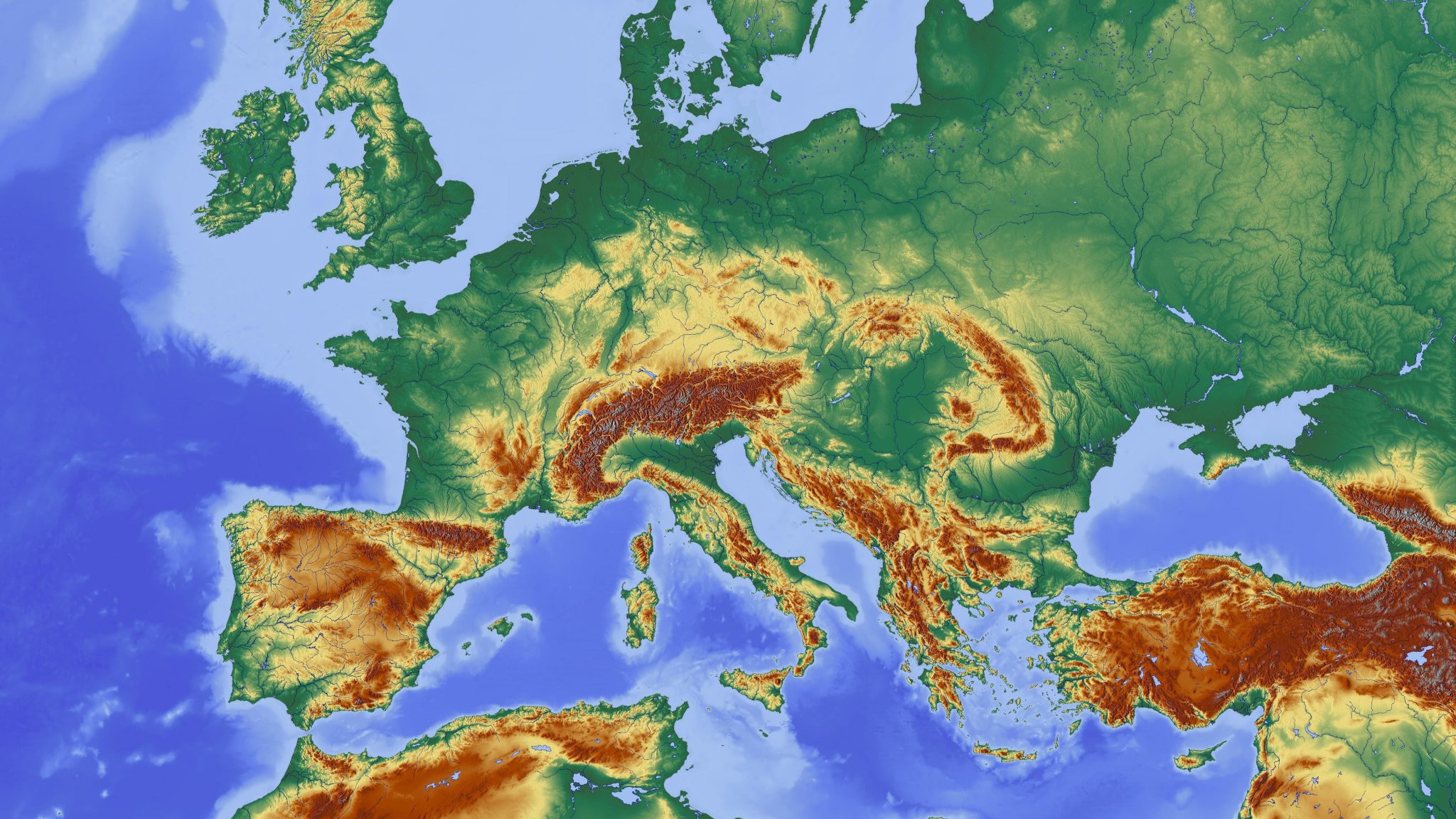Generalising about Europe is hard.
I read an article once that said there were four Europes: Northern Europe which is mostly Protestant and deeply secular. Southern Europe which is mostly Catholic but being influenced by secular thinking at a rapid rate. Eastern Europe which is still largely Orthodox and perhaps more open to spiritual influence. And then the Balkans which is a mix of Orthodox, Catholic, Muslim and some Protestant communities. Complicated, isn’t it?
Then I read another article which pointed out how fast Europe is changing. We seem to be post-everything. There are the post-Christians, the post-Communists, the post-moderns, the post-migrants and the post-seculars. Apparently, we are even post-truth. The plot thickens.
Then I read yet another article which pointed out that plenty of Europe hasn’t changed very much at all. Some parts are still pre-Christian, while in other parts Christendom is alive and well. It also said that alongside all the post-modern types there are still plenty who are very 20th Century ‘modern’ types and even plenty who are relatively pre-modern. It also said many are pre-secular, many are secular, and some are post-secular. Add all that into the mix, and it starts to get overwhelming.
Then there was this article that talked about the huge people movements and social upheavals of the last few years. This author suggested we would soon have to tear up the rule book for how Europe works as we enter a new ‘normal’ for the entire continent.
Perhaps I should stop reading articles! And I haven’t even mentioned the ones on Brexit, climate change, political polarisation, economic meltdown and terrorism.
But I have some encouragement to offer. We are Christians. That means that although we don’t know everything, there are certain things that we do know. We know that God is. We know that His Son is. We know that His Spirit is. We know that His word is. And that makes a difference. Europe may be a hugely complex and totally opaque melting pot of humanity to you and me, but it is an open book to God. There is not a cultural trend, an unmet aspiration, a social catastrophe, a broken heart, a new resolve or a political upheaval of which He does not know. Go up to the largest macro scale trend or down to the smallest individual cry. He is present. Comprehending. Knowing. Reigning.
I will go further. He is no mere observer. He is active in his sovereignty. He is sleeves rolled up and hands on. This is significant. Though invisible to the naked eye and the analytical mind, in the depths of all this unknowable-ness, God is working the wonderful alchemy of grace and redemption. The atonement still stands. The tomb is still empty. Jesus still saves. He is still building his church. And the gates of hell still can do nothing about it. This is what we need to know as we think about our bit of Europe, and indeed, as we consider the rest of it. God is working.
—
In 1934, in Latvia, a young man got off a train into the biting cold of a Baltic Winter. It was 4am. His name was James Stewart. No-one had invited him. No-one knew he was coming. He was the only one who thought it was a good idea. But he believed God had sent him. It turns out that James Stewart was right. He became the catalyst for a significant revival that spread across several countries in Eastern Europe. The European Mission Fellowship traces its roots back to his ministry. Since those days, the Mission has networked together many European Churches and Christians to support one another. We try not to forget that God is always at work. We try to remember that He can do great things suddenly. We also hold on to the fact that He can also do great things slowly, through the life of a local church, through the faithful ministry of his people, through partnership and collaboration.
We talk about three ‘Cs’. I think they can help any church and any believer. They should shape everything we do. The first is Confidence. We want to be confident in the Gospel and in God. He knows what He is doing. The second is Collaboration because we know the task is huge, we know we are only a tiny part of all that God is doing, and because God loves His people to work together. The third is Commitment because this is not the work of a moment. Grassroots, local church ministry is a long-term job. You know that. We serve our generation, but we also serve the generation to come. A few Sundays ago, I was with Manuel Franco who is a pastor in Spain. He made me proud. Talking about his ministry, he said, quite simply, ‘you have to give your life to the town’. There it is. That is how the kingdom comes.
